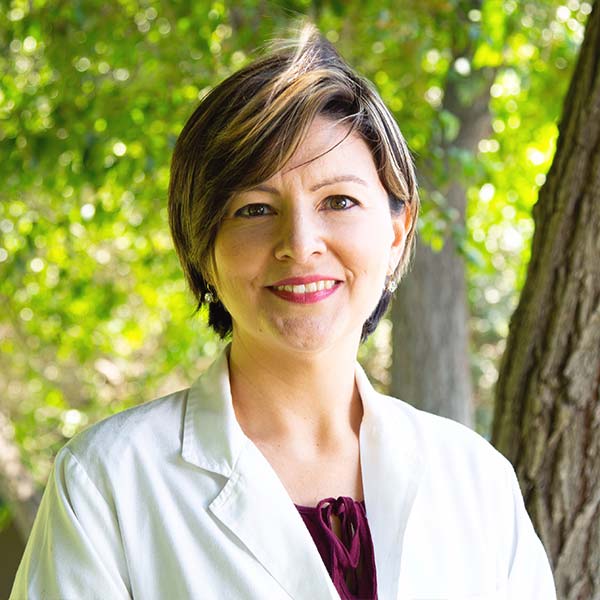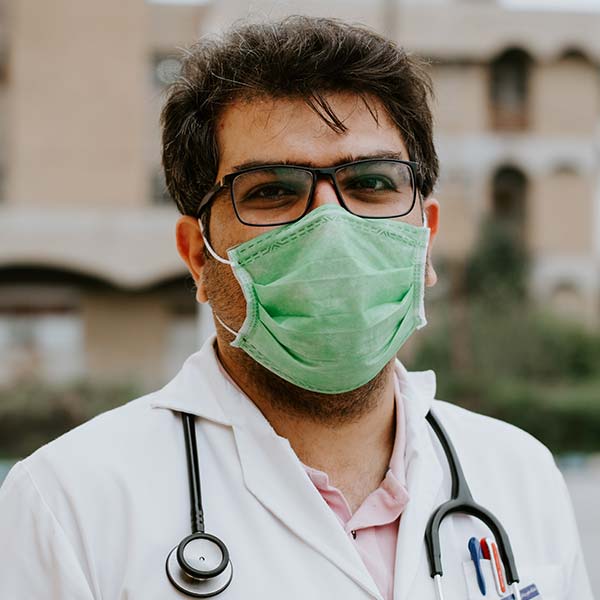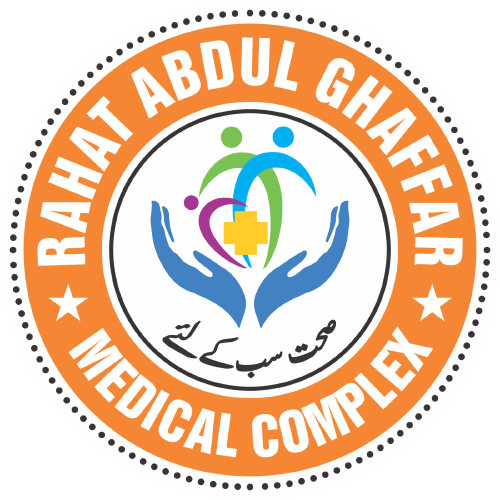EMERGENCY Care Physicians

Walter Moore, Ph.D.
Metus fringilla ullamcorper odio aliquam lacinia conubia mauris tempor etiam ultricies proin quisque lectus sociis tristique integer phasellus inceptos taciti pretium adipiscing praesent.

Mindy Farrow, Ph.D.
Metus fringilla ullamcorper odio aliquam lacinia conubia mauris tempor etiam ultricies proin quisque lectus sociis tristique integer phasellus inceptos taciti pretium adipiscing praesent.

Robert Strong, Ph.D.
Metus fringilla ullamcorper odio aliquam lacinia conubia mauris tempor etiam ultricies proin quisque lectus sociis tristique integer phasellus inceptos taciti pretium adipiscing praesent.
Cardiology Department of Hospital: Where Hearts Find Healing
In every hospital, the Cardiology Department stands as a bastion of hope for those with heart ailments. This article ventures into the world of cardiology departments, their vital role, the expertise of cardiologists, and the comprehensive care they offer to patients with heart-related conditions.
Introduction to Cardiology Department
The Cardiology Department is a cornerstone of every hospital, specializing in the intricate field of heart health. It encompasses a wide array of services dedicated to diagnosing, treating, and preventing heart-related issues.
The Significance of Cardiology in Hospitals
Cardiology departments play a pivotal role in addressing the health of the heart. They provide essential services that range from routine check-ups to specialized treatments, contributing to the overall health and well-being of patients.
The Expertise of Cardiologists
Cardiologists are medical specialists with extensive training and knowledge in the field of cardiology. They are equipped to diagnose and treat a variety of cardiac conditions, ensuring that patients receive the best possible care.
Comprehensive Cardiac Healthcare
Cardiology departments offer comprehensive healthcare services for patients with heart conditions. These services include cardiac evaluations, risk assessments, and the management of heart diseases.
Preventive Care and Lifestyle Guidance
Preventive care is a significant focus in cardiology. Regular screenings, lifestyle guidance, and risk factor management help prevent heart diseases and improve overall cardiac health.
Diagnosis and Treatment
Cardiologists diagnose and treat a range of cardiac conditions, from common heart diseases like hypertension to more complex issues like arrhythmias and heart failure. They employ a range of diagnostic tools and treatment options to ensure the best outcomes.
Interventional Cardiology and Cardiac Surgery
When surgical or interventional procedures are necessary, cardiologists and cardiac surgeons perform a variety of operations, such as angioplasty, stent placement, and coronary bypass surgery, to address heart issues.
Cardiac Imaging and Diagnostic Tests
Advanced cardiac imaging techniques, like echocardiography and cardiac catheterization, are used to assess heart function and diagnose cardiac conditions accurately.
Cardiac Rehabilitation and Lifestyle Modification
Cardiology departments offer rehabilitation programs for patients recovering from heart-related procedures. These programs include exercise regimens and lifestyle modifications to support cardiac recovery.
Ensuring Patient Comfort and Confidentiality
Cardiology departments prioritize creating a patient-centered environment where individuals can discuss their health concerns openly. They maintain strict confidentiality to ensure that patients’ health information remains private.
Challenges Faced by Cardiology Departments
Cardiology departments face challenges like resource allocation, staying updated with rapidly advancing technology, and addressing the unique needs of diverse patient populations.
Education and Continuous Training
The field of cardiology is continually evolving. Cardiologists engage in ongoing education and training to stay updated with the latest developments and provide the best care to their patients.
Patient Safety and Quality Assurance
Patient safety is of utmost importance in cardiology. Stringent safety protocols and quality assurance measures are in place to minimize risks during cardiac procedures.
Innovations in Cardiology
Innovations in cardiology, such as telecardiology for remote consultations, advanced cardiac imaging, and minimally invasive procedures, are transforming the field and improving patient care.
Conclusion
In conclusion, the Cardiology Department of a hospital is where hearts find healing and hope. With specialized care, a focus on preventive health, and a commitment to patient well-being, cardiologists make a significant impact on the lives of those with cardiac conditions.
FAQs about Cardiology Departments
1. What services does a cardiology department provide? Cardiology departments offer a wide range of services, including cardiac evaluations, diagnosis and treatment of heart conditions, interventional procedures, and rehabilitation programs.
2. How do cardiologists ensure patient comfort and maintain confidentiality? Cardiologists prioritize creating a patient-centered environment while maintaining strict confidentiality to address patients’ health concerns with privacy and sensitivity.
3. What are some of the challenges faced by cardiology departments? Challenges include resource allocation, staying updated with rapidly advancing technology, and addressing the unique needs of diverse patient populations.
4. How do cardiologists stay updated with the latest developments in their field? Cardiologists engage in ongoing education and training to stay current with the latest developments in cardiology.
5. What are some recent innovations in the field of cardiology? Recent innovations include telecardiology for remote consultations, advanced cardiac imaging, and minimally invasive procedures, which are enhancing patient care in cardiology.
